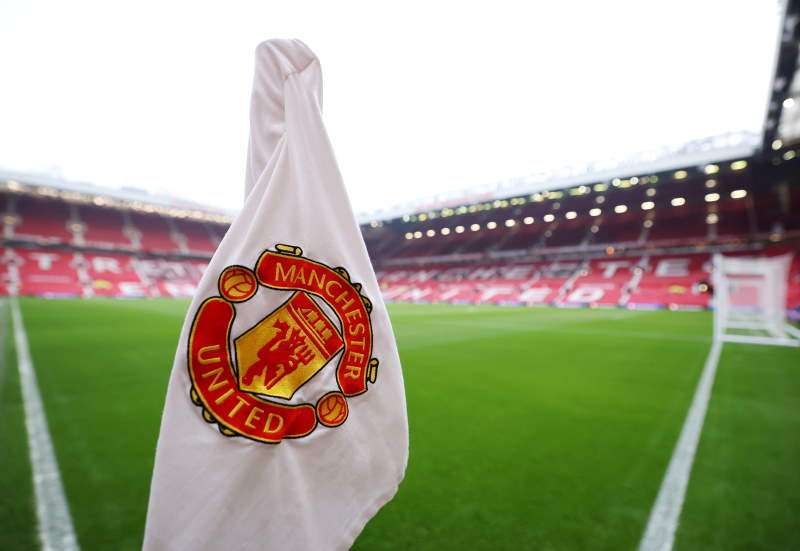
The Second World War interrupted and cut short the lives of millions of people around the world. The shockwaves of the conflict impacted on all parts of life and football was no exception, with hundreds of professionals being called up to fight and some making the ultimate sacrifice.
This series of articles looks at how the war affected the lives of footballers from all sides of the conflict:
To older generations he is widely acknowledged as one of the most gifted midfielders of the early 20th Century, but to younger people he is known as the inspiration for an award, which is presented by the German Football Association for projects that work in combating discrimination.
Julius Hirsch was born in Aachen in 1892 to a Jewish family. During his childhood he showed a passion for football and excelled at the sport, signing for Karlsruher FV at the age of 17 in 1909.
He soon became an intricate part of the legendary attack at the Baden-Württemberg club, alongside Gottfried Fuchs and Fritz Forderer, when the team won the German Championship in 1910.
Hirsch was soon called up to the national team in 1911 and became the first Jewish player to do so. He made a number of appearances for Germany, most notably at the 1912 Olympic Games in Stockholm, Sweden.
As a patriotic German he enlisted in the German Army at the outbreak of The Great War and was awarded the Iron Cross during his four years of service.
After the war, Hirsch re-signed for Karlsruher FV and continued to play until 1925 when he retired. Hirsch then went into coaching, but was expelled from the club in 1933 after Adolf Hitler and the Nazi Party rose to power. Hirsch left the country and combined coaching with accountancy in Alsace, France, until 1938.
Unable and unwilling to believe that his life could be at risk due to his Jewish heritage, he returned to Germany before the outset of the Second World War, but like so many other Jews, he was deported to Auschwitz-Birkenau concentration camp, Poland, on 1st March 1943.
The last sighting of Hirsch was two days later as he wrote a postcard to his family. Historians believe he was killed shortly after, but an exact date of death was never recorded. In 1950, a German Court ruled that Hirsch’s date of death was 8th May 1945.
In remembrance, the German Football Association (DFB) established the Julius Hirsch Award, which is presented annually to a person who fights racism, xenophobia and anti-semitism in sport.
The award was the brainchild of DFB President, Dr Theo Zwanziger, who, as part of his work, has researched a number of Jewish footballers from the early part of the 20th century in order to discover what became of them during the war.
Julius Hirsch was a proud German and an outstanding footballer. But he was also a victim of humanity’s worst traits. Before the rise of Hitler, Hirsch was just a man who loved the game of football, a love often taken for granted.
Germany has come to terms with its dark past, the DFB included. The Julius Hirsch Award is designed to fight unacceptable behaviour in sport and, in a small way, will help prevent evils like the holocaust from ever happening again. It is a fitting memorial to one of the game’s legendary figures.












